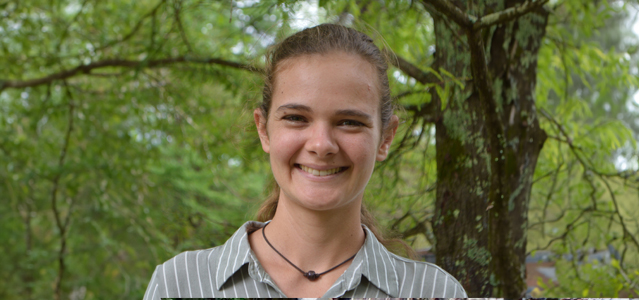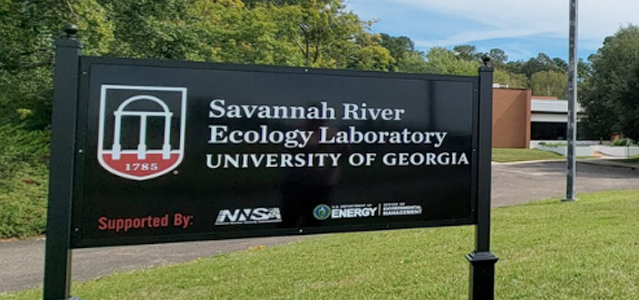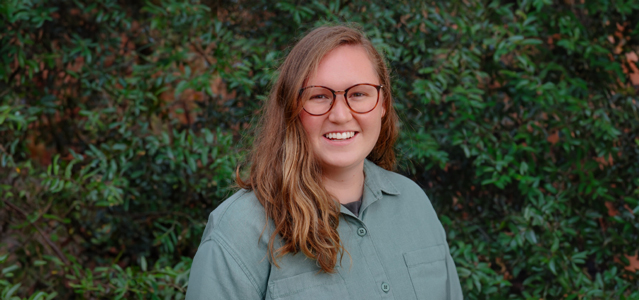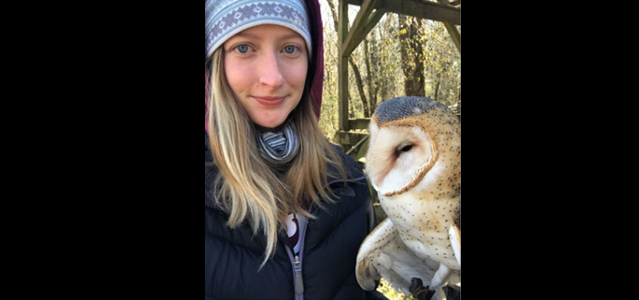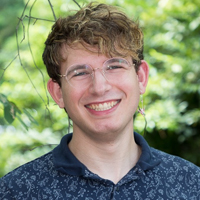Graduate Students
Graduate Research Assistants Doctoral
Emma Kelsick
Lab: Bier and Lance
Odum School of Ecology
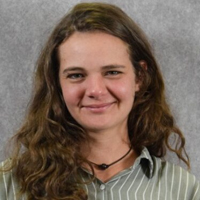
Jennifer McDaniel
Lab: Aubrey
Warnell School of Forestry and Natural Resources
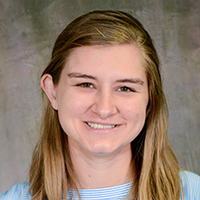
Kiersten Nelson
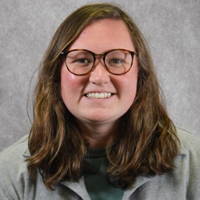
Carson Pakula
Lab: DeVault and Rhodes
Warnell School of Forestry and Natural Resources

Shinyeong Park
Lab: Beasley and Abrams
PhD in Integrative Conservation and Ecology (ICON)
Warnell School of Forestry and Natural Resources

Ethan Shealy

Jake Smith
Lab: Xu and Hazelton
Interdisciplinary Toxicology

Christian Swartzbaugh
Lab: Lance and Capps
Odum School of Ecology

Anna Bushong

Graduate Research Assistants Masters
Abby Bickle
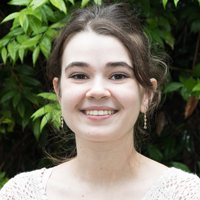
Viviano Paola Bravo
Lab: Capps and Bier
Odum School of Ecology
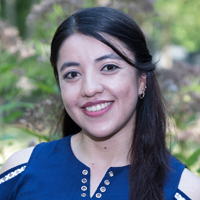
Sydney Brewer
Lab: Beasley
Warnell School of Forestry and Natural Resources

Henry R. Davie
Lab: Lance
Odum School of Ecology

Marilee Hoyle
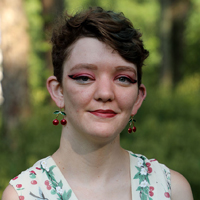
Kelly Holland, AWB®
Lab: Tuberville and Beasley
Warnell School of Forestry and Natural Resources
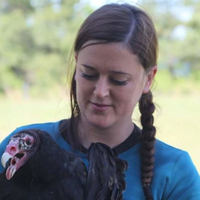
Madeline Melton
Lab: Beasley
Warnell School of Forestry and Natural Resources

Heather Parsons
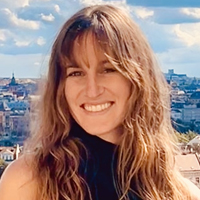
Brennan Peterson Wood
Lab: Beasley
Warnell School of Forestry and Natural Resources
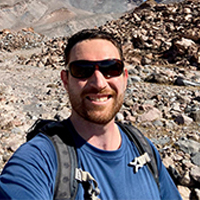
Kathryn Quinlin
Lab: Xu and Beasley
Warnell School of Forestry and Natural Resources

Ryan Rimple
Lab: Tracey Tuberville and Kohl
Warnell School of Forestry and Natural Resources

Danica Shannon

Christopher Smaga
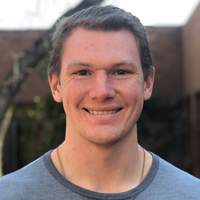
Ian Warr
Lab: Aubrey Lab
Warnell School of Forestry and Natural Resources

Courtney Werner
Lab: DeVault and Rhodes
Odum School of Ecology
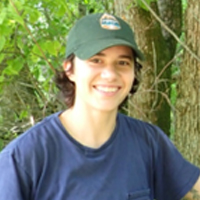
Elise Webb
Lab: Parrott and Xu
Odum School of Ecology


